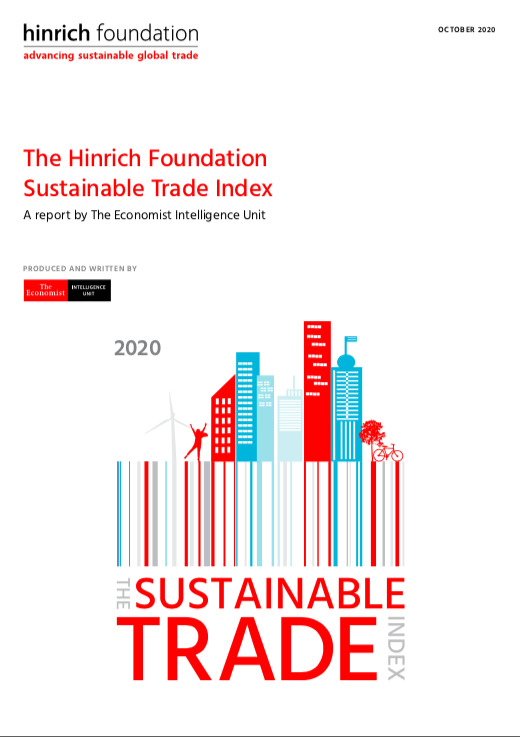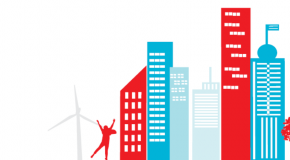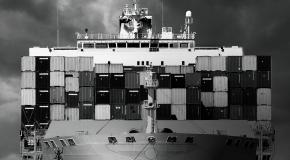Sustainability was gaining more traction in the years leading up to the Covid-19 pandemic. Firms stepped up commitments to corporate social responsibility (CSR) initiatives. Investors started incorporating environmental, social and governance (ESG) issues into their asset allocation decisions. And consumers voted with their wallets to support sustainable production, purchasing goods with certified claims regarding their environmental impact and use of labour.
The question now is whether the pandemic puts that progress in jeopardy. There are those who argue that it does; governments and the private sector are in “survival mode,” making sustainability—at least for the duration of the crisis—far less of a priority. The counter-arguments are that, one, the investor community is continuing to use environmental, social and governance standards to guide their allocation decisions and, two, that the best way to prepare for the next crisis, whenever it comes, is to begin preparations now by bolstering sustainability initiatives.
The Hinrich Foundation Sustainable Trade Index (STI) was originally created for the purpose of stimulating meaningful discussion of the full range of considerations that policymakers, executives and leaders from civil society must take into account when managing and advancing international trade. That purpose remains, but we hope that governments and businesses around the world start to also view it as a tool for building resilience into their international trade policy and their economies, more broadly.
This, the third edition of the study, seeks to measure the capacity of 20 economies—19 in Asia along with the US as an external benchmark—to participate in the international trading system in a manner that supports the long-term domestic and global goals of economic growth, environmental protection and strengthened social capital.
The key results and findings from the 2020 STI include:
- For the first time, there is a tie atop the index. Japan and South Korea both receive scores of 75.1 (out of 100).
- The economic pillar is, in this edition, by far the most tightly packed, which was also the case in 2016.
- To the praise Taiwan already garnered this year for its effective handling of the Covid-19 outbreak, we can add the accolade of being first in the social pillar of the STI.
- Japan registers the strongest performance in the environmental pillar (80.0), leading the same group of four—Singapore (78.7), Hong Kong (77.4) and South Korea (75.2), being the other three—that has excelled, with a few exceptions, across all three pillars of the STI from the start.
- Pretty much all we can be certain of is that there is going to be another crisis at some point. Preparedness matters.
Find out more about the Sustainable Trade Index.







